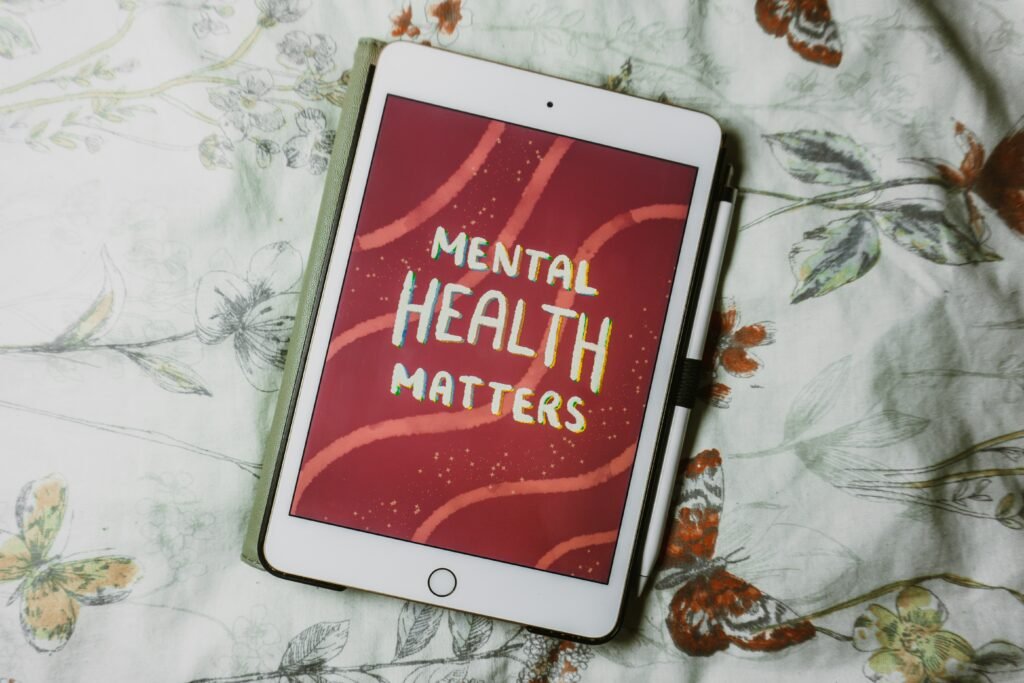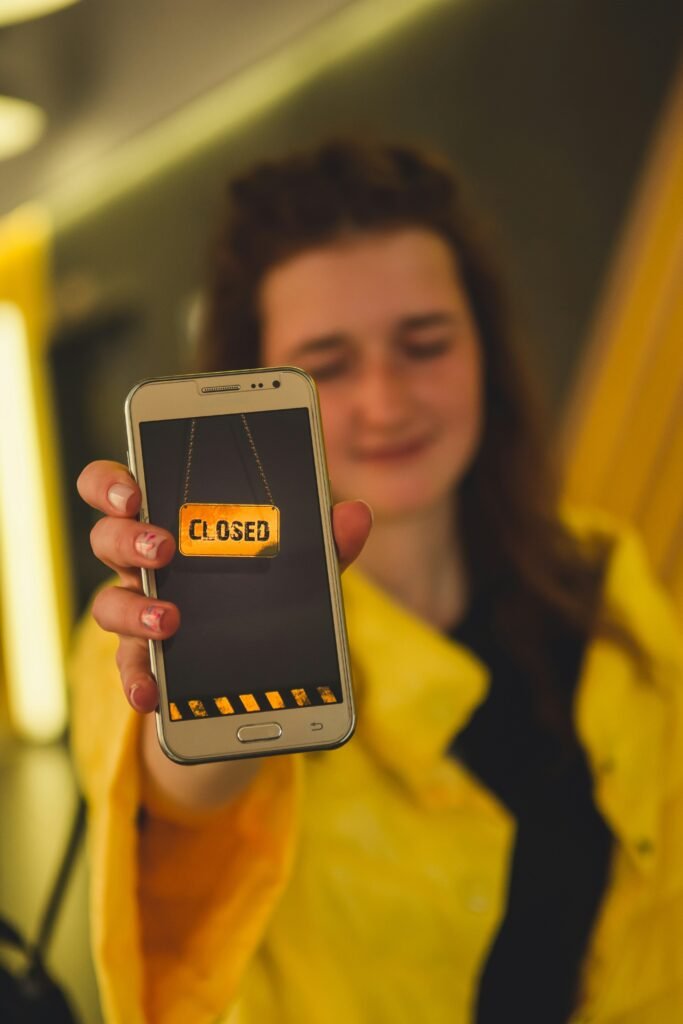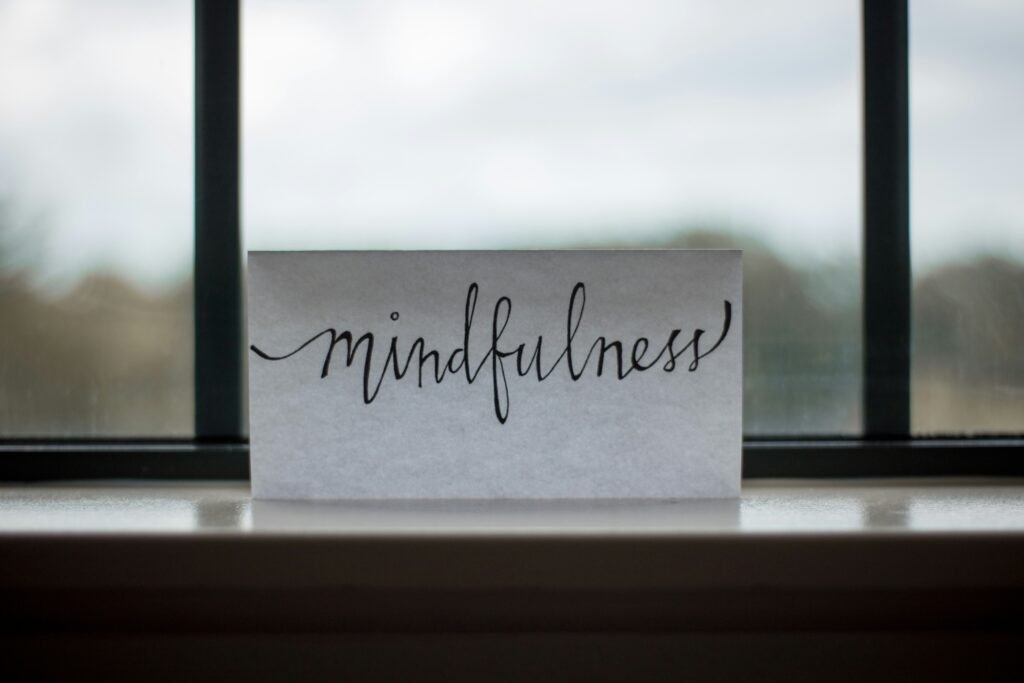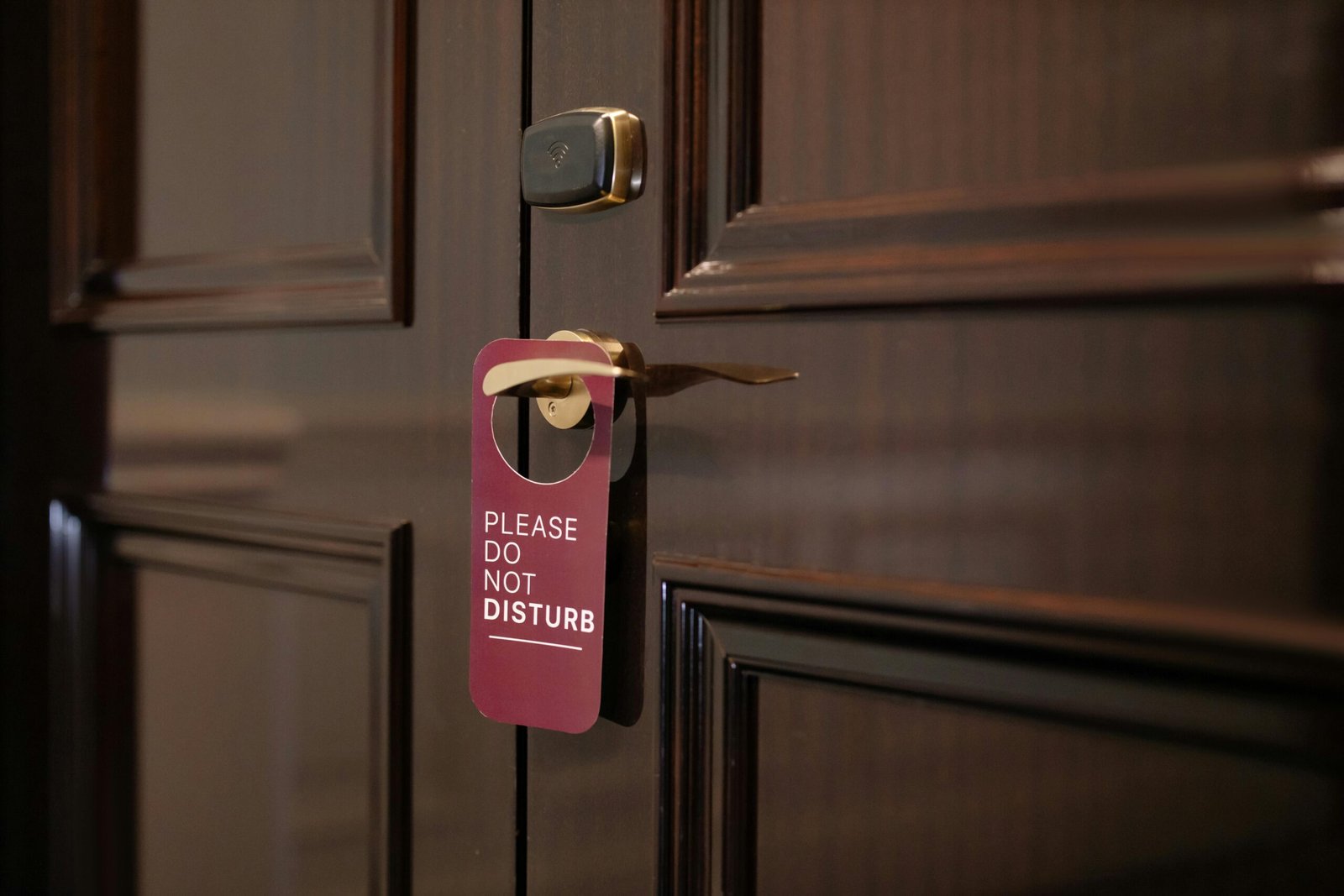Discover the transformative power of digital detox retreats.
Dive deep into mindfulness practices, outdoor escapades, and holistic wellness to revitalize your mind and spirit.
With the world moving at a rapid pace, the need to unplug and reconnect with oneself has never been more essential.The constant barrage of notifications, emails, and social media updates can take a toll on our mental and emotional health.Digital detox retreats provide a much-needed respite, allowing participants to step back, recalibrate, and realign with their true selves.Digital detox retreats offer a much-needed respite, allowing participants to unplug from technology and reconnect with themselves and nature.
In this article, we’ll delve into the transformative world of digital detox retreats, exploring the benefits of disconnecting for holistic well-being.

- Insights from Research Studies and Meta-Analyses
- What is digital detox, and why is it important for well-being?
- Why is it important to disconnect and recharge in today's digital age?
- How do you detox from social media and digital devices effectively?
- How long should a digital detox retreat last to experience significant benefits?
- How does nature immersion promote relaxation and inner balance?
- Is digital detox a good idea for everyone, and are there any challenges to consider?
- How can I start a digital detox journey and maintain a healthy balance with technology afterward?
- What are some tips for maintaining a healthy balance with technology after a digital detox retreat?
Insights from Research Studies and Meta-Analyses
Based on the information gathered, a study by Matti Vuorre and colleagues at Oxford University examined the relationship between mental health and technology use, analyzing data from 1991-2017 with over 430,000 adolescents in the U.S. and U.K. They found that conduct and emotional problems were positively correlated with both TV and social media use, but the effects were very small and showed no consistent change over time. Depression was mostly independent of tech use, while suicidal ideation and behavior were associated only with digital-device use.
Another systematic review and meta-analysis investigated the prevalence of problematic smartphone usage (PSU) and its association with mental health outcomes among children and young people. The study found a consistent association between PSU and measures of poor mental health, particularly depression, anxiety, stress, and poor sleep quality. The odds ratio of depression among those with PSU was 3.17, indicating a significant association.
What is digital detox, and why is it important for well-being?
Digital detox refers to intentionally disconnecting from digital devices and online platforms to reduce screen time and digital distractions. It is crucial for well-being because constant exposure to screens and digital information can lead to stress, anxiety, sleep disturbances, and decreased productivity. By taking breaks from technology, individuals can improve their mental and emotional health, enhance focus and concentration, and foster healthier relationships.
Why is it important to disconnect and recharge in today’s digital age?
In today’s digital age, constant connectivity and digital overload can lead to burnout, mental fatigue, decreased productivity, and disrupted sleep patterns. Disconnecting and recharging are essential for maintaining a healthy balance, preserving mental and emotional health, fostering creativity and innovation, strengthening relationships, promoting self-care, and preventing digital addiction or dependency.

Discover : Silent Retreat Wellness Journey
How do you detox from social media and digital devices effectively?
Detoxing from social media and digital devices effectively involves setting clear boundaries and adopting mindful practices. This may include scheduling specific times for device usage, turning off notifications, engaging in offline activities, practicing mindfulness or meditation, and prioritizing face-to-face interactions. It’s also helpful to uninstall unnecessary apps, declutter digital spaces, and limit screen time before bedtime.
Mindfulness Practices and Holistic Wellness:
Engage in mindfulness practices such as meditation, yoga, mindful breathing, and mindful walking during your digital detox retreat. These practices cultivate present-moment awareness, reduce stress, and enhance overall well-being by fostering a deeper connection with oneself and the surrounding environment.

Explore holistic wellness experiences that nourish the body, mind, and spirit during your digital detox retreat. From spa treatments and wellness workshops to holistic therapies and nourishing meals, these experiences promote relaxation, rejuvenation, and inner balance.It helps individuals cultivate present-moment awareness, reduce stress and anxiety, improve emotional regulation, enhance self-awareness, increase compassion and empathy, promote relaxation, and foster a deeper connection with oneself and the surrounding environment.
How long should a digital detox retreat last to experience significant benefits?
The duration of a digital detox retreat can vary depending on individual preferences and goals. However, to experience significant benefits, experts recommend a minimum of three to five days of complete disconnection from digital devices. This allows time for the mind to unwind, reset, and adapt to a less digitally reliant lifestyle. Longer retreats, such as one to two weeks, may provide deeper insights and long-lasting effects.
Reconnecting with What Matters:
Disconnecting from technology allows for deeper connections with oneself, others, and the natural world. Participants of the best digital detox retreats often report increased clarity, improved focus, enhanced creativity, and a greater appreciation for simple pleasures.

Discover Exploring the Essence of Spiritual Retreats
How does nature immersion promote relaxation and inner balance?
Nature immersion promotes relaxation and inner balance by providing a soothing and rejuvenating environment away from the hustle and bustle of city life. Spending time in nature has been linked to reduced stress levels, improved mood, lower blood pressure, increased creativity, enhanced cognitive function, and a greater sense of peace and tranquility. Nature immersion also encourages physical activity, boosts vitamin D levels, and supports overall well-being.
Is digital detox a good idea for everyone, and are there any challenges to consider?
While digital detox can benefit many individuals, it may not be suitable for everyone, especially those whose professions or personal circumstances require constant digital engagement. Challenges to consider include withdrawal symptoms, fear of missing out (FOMO), social pressure to stay connected, and the need to find alternative ways to stay informed or connected. It’s essential to assess individual needs, set realistic goals, and seek support if needed.
How can I start a digital detox journey and maintain a healthy balance with technology afterward?
Starting a digital detox journey involves creating a personalized plan based on your habits, goals, and lifestyle. Begin by identifying your digital usage patterns, setting clear boundaries, and gradually reducing screen time. Engage in offline activities, spend time in nature, practice mindfulness, and prioritize real-life connections. To maintain a healthy balance afterward, establish sustainable habits, practice self-discipline, and periodically reassess your digital habits to ensure they align with your well-being goals.

Discover Exploring Culinary Wellness Retreats And The Best Destinations
What are some tips for maintaining a healthy balance with technology after a digital detox retreat?
Some tips for maintaining a healthy balance with technology after a digital detox retreat include setting clear boundaries for device usage, scheduling regular breaks from screens, practicing digital mindfulness, prioritizing offline activities, engaging in hobbies or interests, cultivating face-to-face connections, avoiding multitasking, limiting social media use, creating a tech-free bedroom environment, and regularly reassessing digital habits to ensure they align with well-being goals.
As you embark on a journey of digital detox, may you find moments of peace, presence, and profound rejuvenation. Embrace the opportunity to unplug, recharge, and cultivate a healthier relationship with technology and yourself.






Pingback: Luxurious Guidance on Holistic Health and Wellness for Sophisticated Living